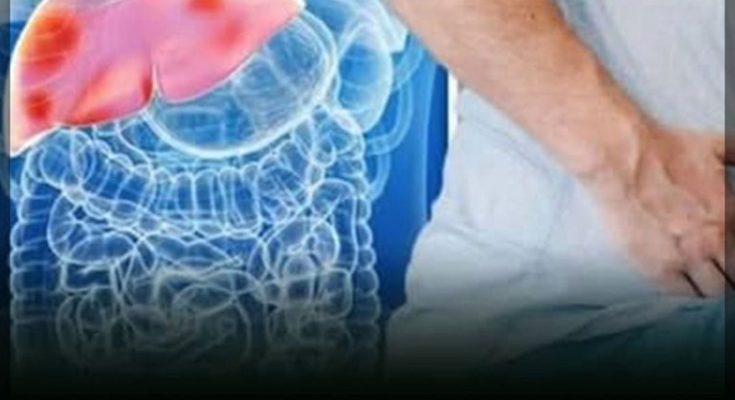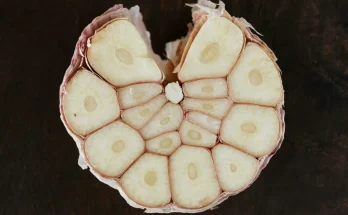The liver is a vital organ that is crucial for critical metabolic functions within the body. It is crucial in aiding digestion, detoxification, nutrient storage and regulates cholesterol levels. When it comes to the worst drinks for your liver, most people immediately think of alcohol, but recent research indicates that seemingly innocent beverages might be doing similar damage. Recent studies have highlighted how nonalcoholic fatty liver disease (NAFLD) and nonalcoholic steatohepatitis (NASH) are fast becoming the most common chronic liver diseases.
NAFLD affects 20-30% of the global population, a figure that continues to climb in step with rising rates of obesity and metabolic conditions like type 2 diabetes. This form of liver disease causes the majority of liver-related deaths worldwide. NAFLD is a general term referring to a spectrum of liver diseases most commonly associated with numerous metabolic disorders. These include obesity, dyslipidemia and insulin resistance.
The key drivers of nonalcoholic fatty liver disease (NAFLD) are fat buildup and inflammation of the liver. Mounting research reveals that sugary sodas, fruit juices, and energy drinks overload your liver with sugar, especially fructose, which can trigger fat buildup and inflammation. Furthermore, experts warn that regularly consuming the worst drinks for your liver, like sodas and sweetened teas, can accelerate liver damage and raise your risk for serious conditions such as cirrhosis and liver cancer. Here’s a look at 8 drinks and foods that could be just as bad for your liver as alcohol.
1. Excessive Fruit Juice Consumption

While fruit juice often disguises itself as a healthy choice, excessive intake poses risks. Many commercial juices are packed with fructose, a type of sugar the liver metabolizes. Unlike whole fruit, juice lacks fiber, causing a rapid spike in blood sugar and a heavy metabolic load on the liver.
Over time, the liver converts excess fructose into fat through lipogenesis, leading to fat buildup and an increased risk of non-alcoholic fatty liver disease (NAFLD). Research shows that moderate fruit juice intake (up to two servings per week) may not be harmful. For better liver health, swap fruit juices for whole fruits whenever possible.
2. Sweetened Tea Beverages

Many bottled or pre-made iced teas contain significant amounts of added sugars, often in the form of high-fructose corn syrup. These sugars contribute to the same liver fat accumulation seen with sodas and juices, increasing the risk of developing NAFLD. Brew your own tea and sweeten it lightly with honey or stevia to avoid unnecessary sugar. Honey also contains antioxidants and is a sweetener that can help regulate blood sugar and cholesterol levels.
3. Energy Drinks

Energy drinks are notorious for their high caffeine and sugar content, and often contain herbal stimulants that can further strain the liver. Studies reveal that chronic energy drink consumption can elevate liver enzymes, indicating potential liver damage. The American Academy of Pediatrics strongly advises that children and adolescents avoid these beverages, citing their association with obesity, hypertension, and fatty liver disease. Energy drinks stand out for their capacity to disrupt liver function and overall metabolic health.
4. Sports Drinks

While marketed for hydration and electrolyte replacement, most sports drinks are packed with large amounts of sugar and excessive amounts of fat-soluble vitamins such as vitamins A,D,E,K. While sports drinks can provide mineral support for those engaged in intense physical activity (such as athletes), regular consumption for non-athletes can promote fat accumulation in the liver.
The liver only absorbs a finite amount of nutrients and minerals. It will then overwork to metabolise the excess minerals, sugars and vitamins into fat which can lead to NAFLD. Limiting sports drinks to periods of genuine need, such as after prolonged, intense exercise, can help protect your liver from unnecessary sugar and vitamins overload.
5. Soda (Regular & Diet)

Regular sodas are a well-known culprit, delivering large doses of sugar that drive liver fat buildup and NAFLD24. Even diet sodas, often containing artificial sweeteners, have been linked to metabolic changes that could negatively impact the liver. Recent studies suggest that excessive intake of artificial sweeteners in diet sodas may promote insulin resistance and fat deposits in the liver, especially in people with other risk factors. Both regular and diet sodas disrupt metabolic health and should be consumed sparingly, if at all.
Protecting Your Liver Starts with What You Drink

Your liver works tirelessly to filter toxins, metabolize nutrients, and maintain overall health, but the worst drinks for your liver, loaded with added sugars, artificial sweeteners, or stimulants, can sabotage its function. Regular consumption of sugary sodas, energy drinks, and sweetened teas drives fat accumulation and inflammation, raising your risk of non-alcoholic fatty liver disease (NAFLD) and even cirrhosis. However, liver damage is often reversible with dietary changes. Prioritize water, unsweetened teas, and whole foods rich in antioxidants and fiber to support liver repair.



